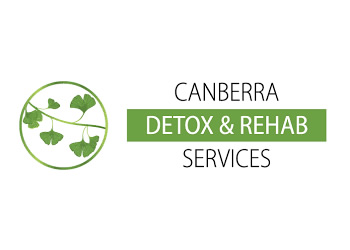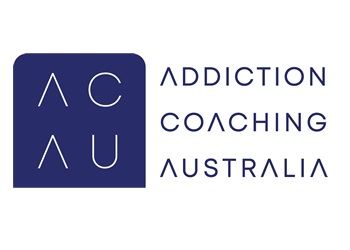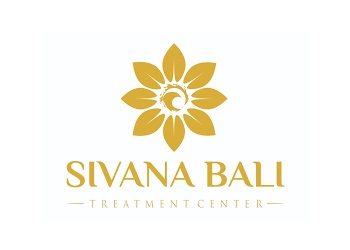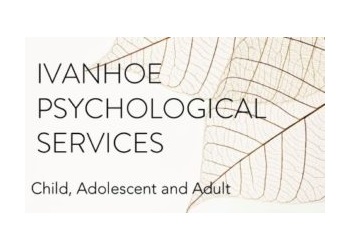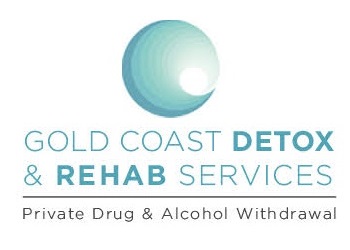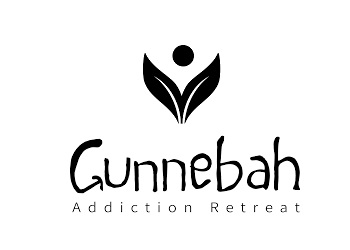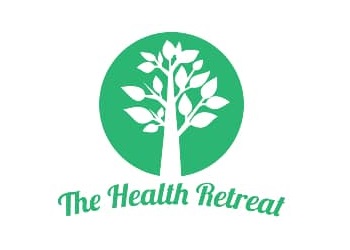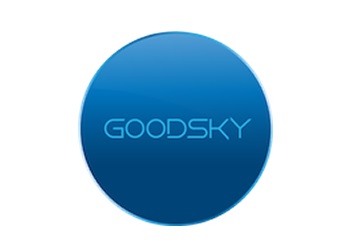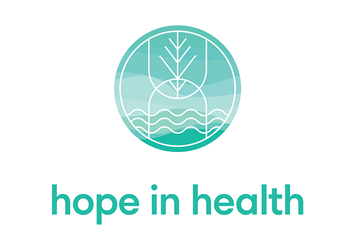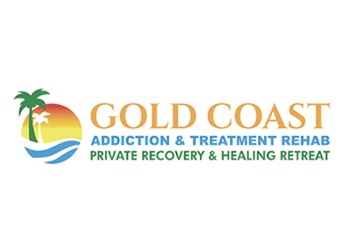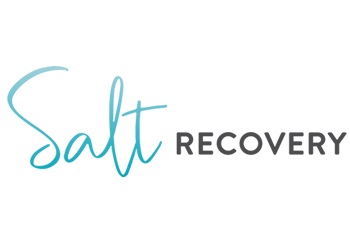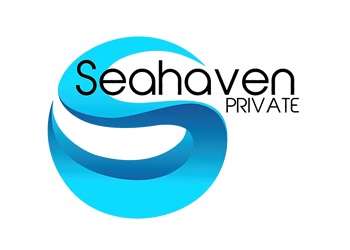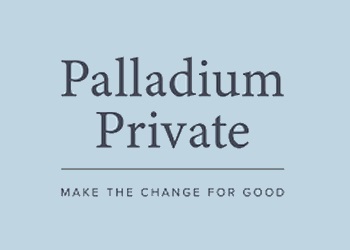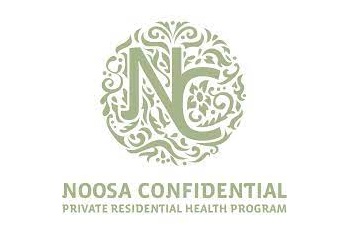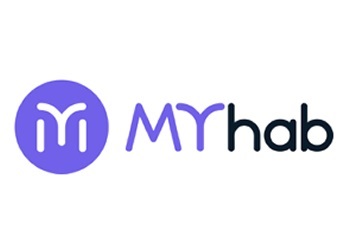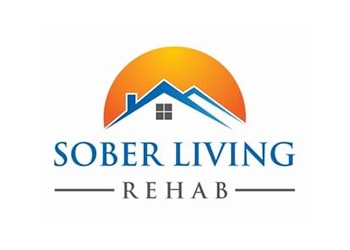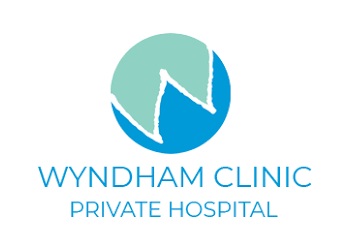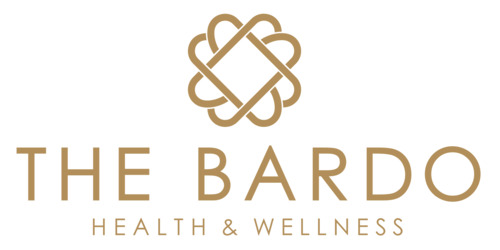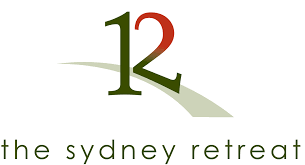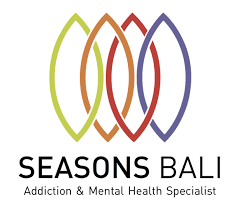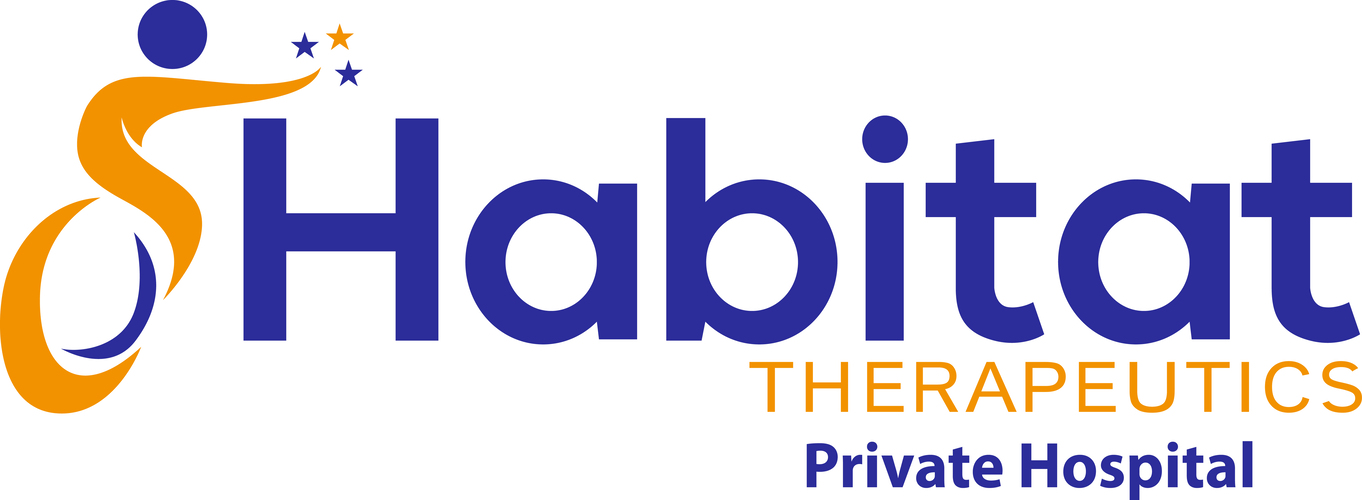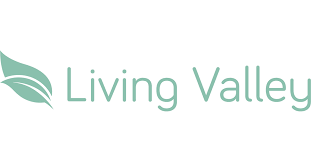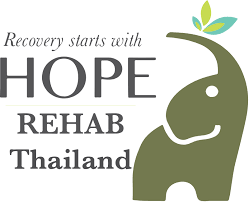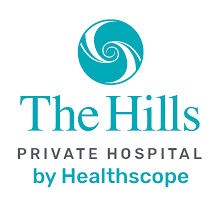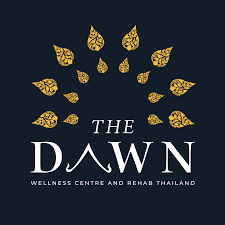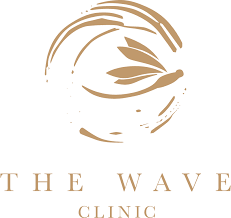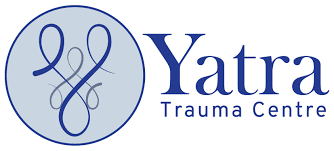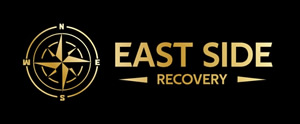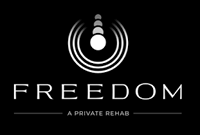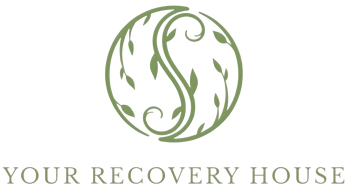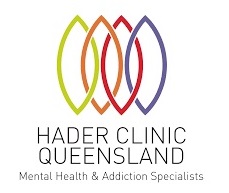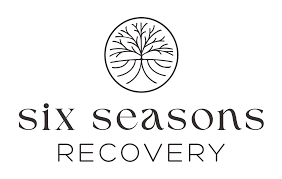There is no one-size-fits-all solution for treating a gambling addiction, and the best approach will depend on the individual and the severity of their condition. However, some common approaches to treating a gambling addiction include therapy, support groups, inpatient programs and, in some cases, medication.
Approaching a loved one about getting help for a gambling addiction can be difficult; the individual may be in denial about their condition or may be resistant to seeking help.
Here are some steps you can take to approach your loved one about getting help for their gambling addiction:
- Educate yourself about gambling addiction and its effects on the individual and those around them. This will help you understand their condition and provide you with information to share with them.
- Choose a time to talk when your loved one is calm and receptive. Avoid bringing up the subject when they are in the midst of a gambling episode or are otherwise distressed.
- Express your concern for their well-being and let them know that you are there to support them. Avoid criticizing or blaming them for their addiction, as this may only make them defensive.
- Offer to help them find a mental health professional who specialises in treating gambling addiction. You can also offer to go with them to their first appointment to provide moral support.
- Be prepared for resistance or denial. Your loved one may not be ready to seek help right away, and that’s okay. Let them know that you will continue to support them and that you are there to talk whenever they are ready.
Remember, the most important thing is to approach the situation with care and compassion. Your support and understanding can make a big difference in your loved one’s decision to seek help for their gambling addiction.
If you think you or someone you know may have a compulsive gambling addiction, it’s important to seek help from professionals who can help develop an understanding of the condition and develop a plan for managing it. For support and more information about our gambling addiction rehabilitation programs, give us an obligation free call on 1300 190 370



